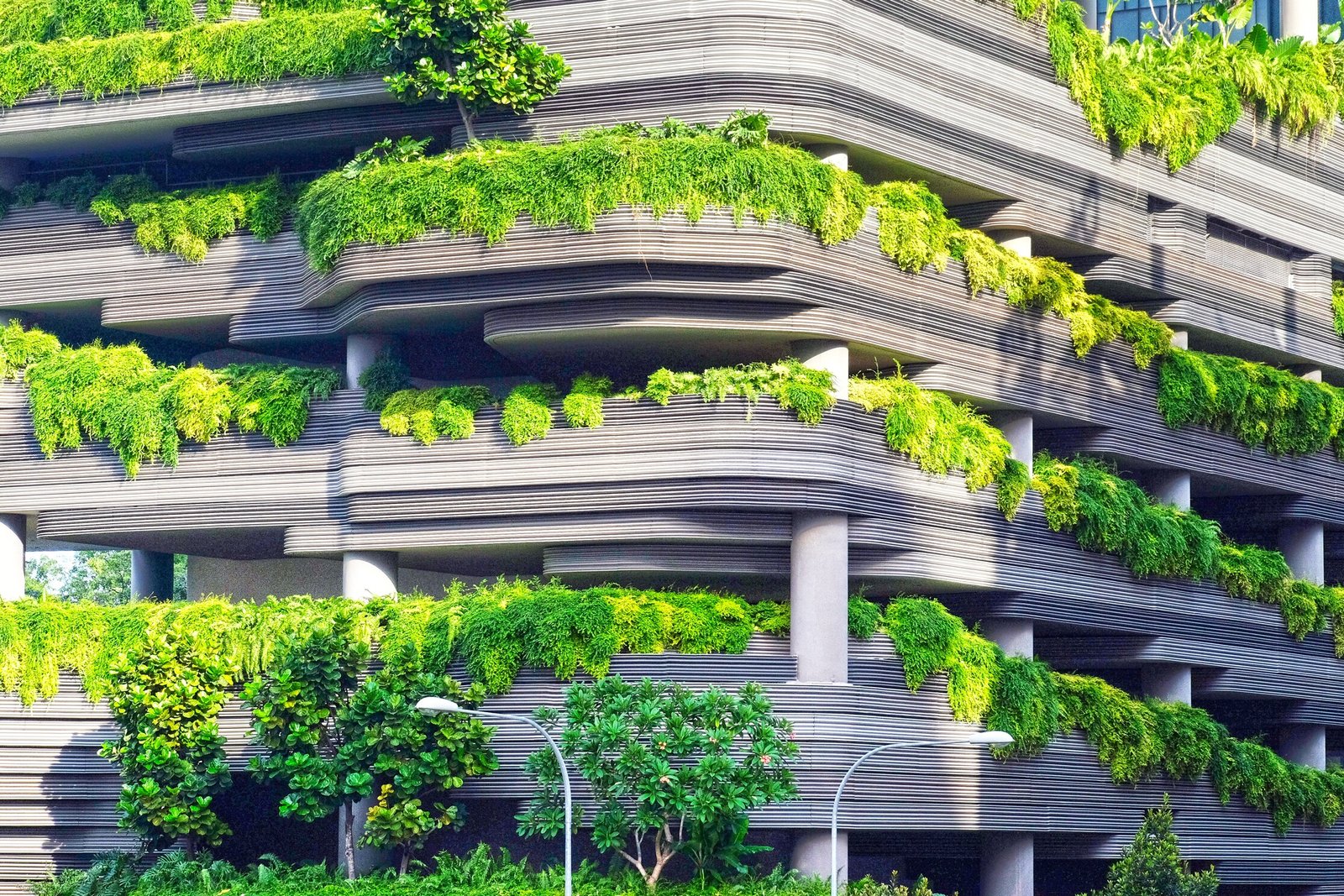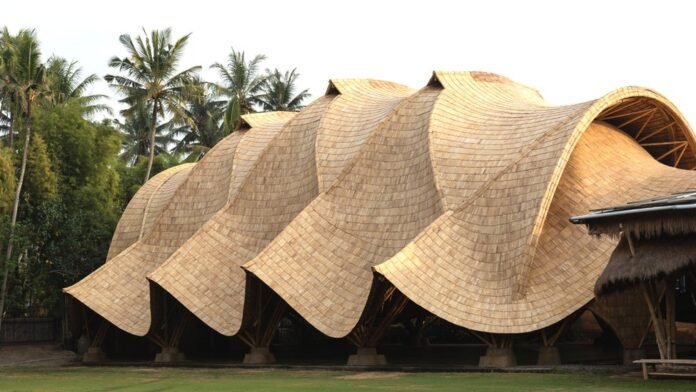When it comes to constructing a building, the choice of materials plays a crucial role in determining its durability, sustainability, and overall environmental impact. While traditional materials like bricks and concrete have long been favored for their strength and reliability, the construction industry is now witnessing a growing interest in alternative options that offer a range of benefits. In this article, we will explore various building materials beyond bricks and concrete, including sustainable alternatives like bamboo, and examine their potential advantages and applications.
The Importance of Sustainable Building Materials

In recent years, there has been a significant shift towards sustainable construction practices driven by increasing environmental awareness and the need to mitigate climate change. Sustainable building materials offer several advantages:
- Reduced environmental impact
- Energy efficiency
- Renewable resources
- Healthier indoor environments
Bamboo: A Versatile and Sustainable Option
Bamboo is gaining popularity as a sustainable building material due to its rapid growth, renewability, and strength. Here are some key advantages of using bamboo in construction:
1. Renewable Resource
Bamboo is one of the fastest-growing plants on Earth, with some species growing up to three feet in a single day. Its rapid growth rate makes it a highly renewable resource, unlike traditional hardwoods that can take decades to mature.
2. Strength and Durability
Despite its lightweight appearance, bamboo is incredibly strong and durable. It has a higher tensile strength than steel and can withstand heavy loads, making it suitable for various structural applications.
3. Sustainability
Unlike conventional building materials like concrete and steel, which contribute to carbon emissions, bamboo absorbs carbon dioxide from the atmosphere and releases oxygen, making it an eco-friendly choice for construction.
Applications of Bamboo in Construction
Bamboo can be used in a wide range of construction applications, including:
- Structural beams and columns
- Flooring and decking
- Wall cladding and paneling
- Roofing
- Furniture and decorative elements
Conclusion
As the demand for sustainable construction practices continues to grow, alternative building materials like bamboo are becoming increasingly relevant. By embracing innovative and eco-friendly materials, we can reduce our environmental footprint and create buildings that are not only resilient and durable but also contribute to a healthier planet.
When considering building materials for your next construction project, think beyond bricks and concrete and explore the diverse range of options available, including sustainable choices like bamboo.













